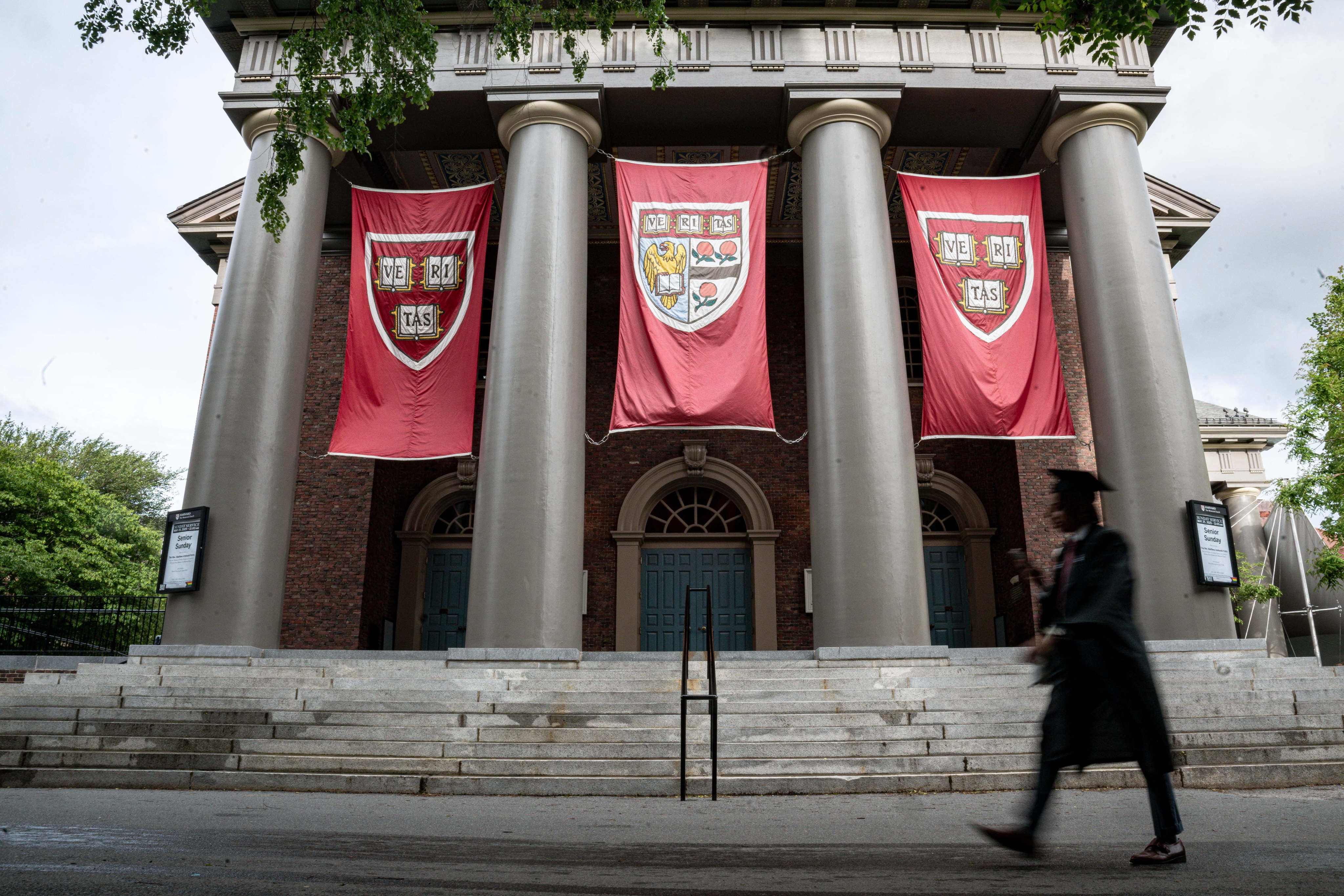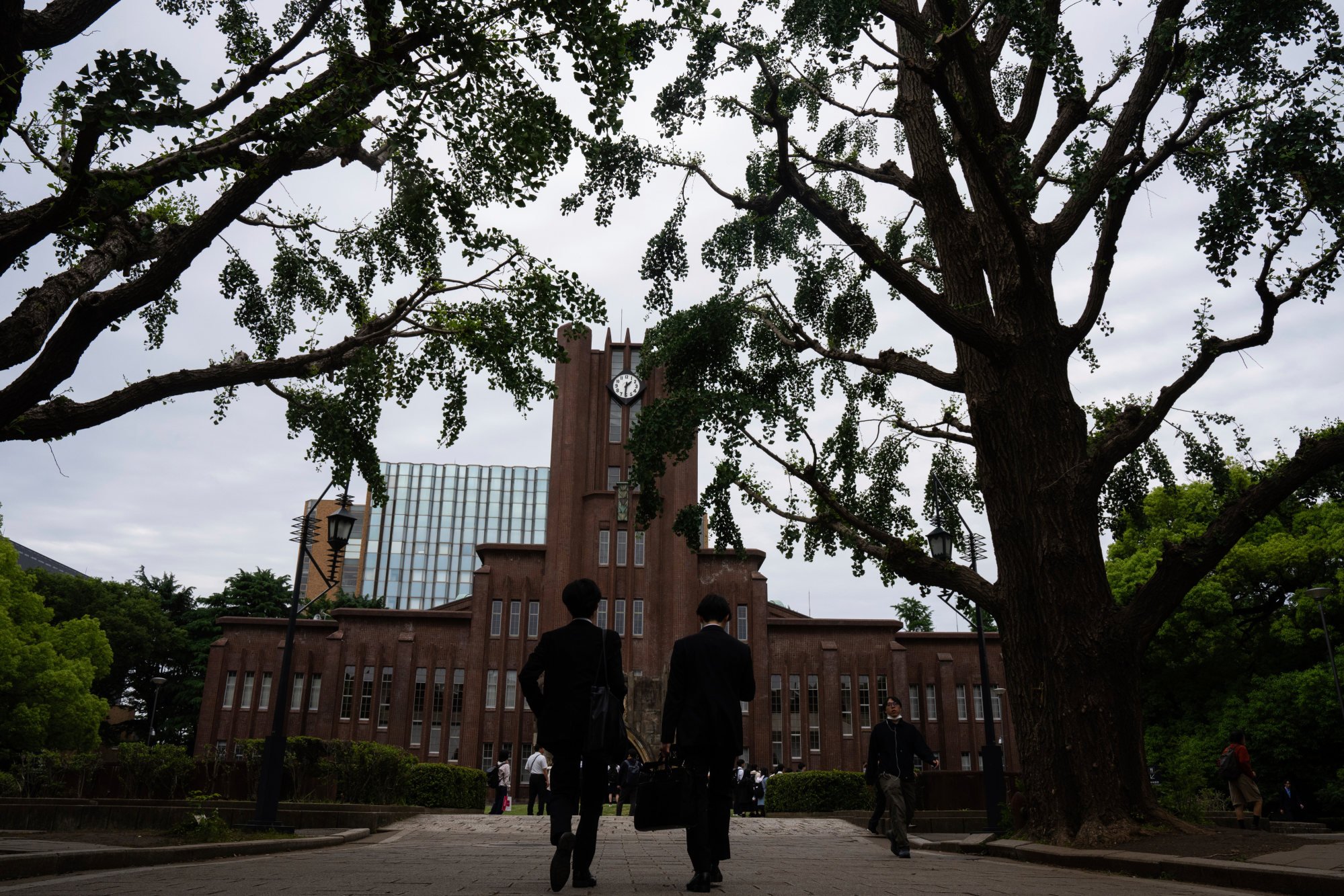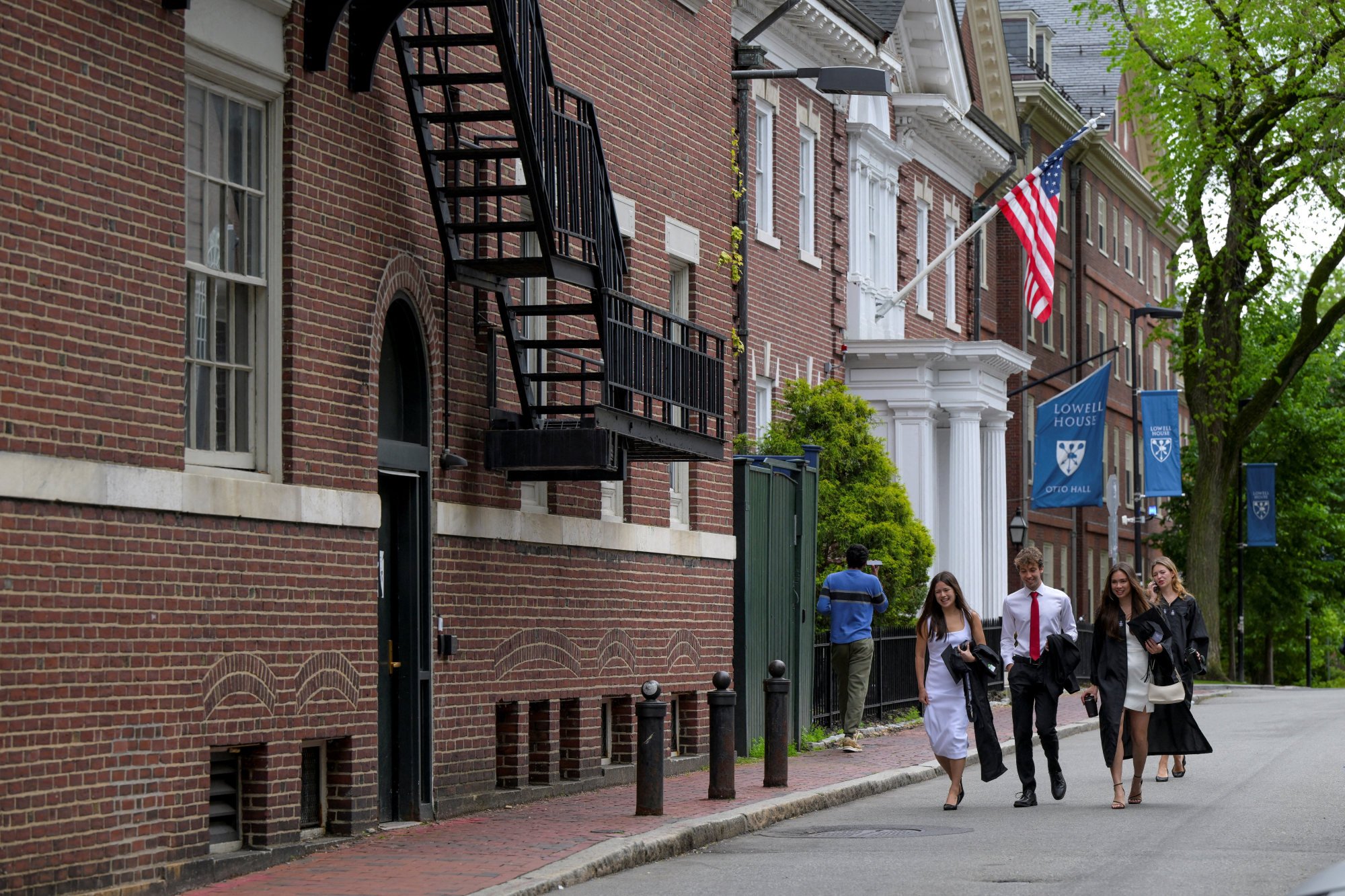Japan urges its universities to accept Harvard foreign students after Trump ban
Japan’s move a ‘positive thing’ that could help raise standards in Japanese universities and potentially benefit the country, analysts note

Japan has urged its universities to offer places to international students left in limbo by US President Donald Trump’s decision to bar Harvard from enrolling foreigners – a move seen as both a diplomatic gesture and an opportunity to boost Japan’s academic profile amid concerns over US higher education.
Education Minister Toshiko Abe said on Tuesday that her ministry had asked all public and private universities to explore offering places to students who were either forced to leave Harvard or whose enrolment this autumn was now uncertain.
“We are working with the foreign ministry to ensure that international students are not disadvantaged and we are requesting that the US government provide information on Harvard’s response,” Abe told a press conference.
“We will ask the government to consider possible support measures, such as accepting students into Japanese universities so they can continue their studies,” she added, noting that the offer could be expanded to students at other US institutions if similar restrictions were imposed.

The move comes amid a legal stand-off between Harvard and the Trump administration, which accused the university of failing to address antisemitism and campus violence, and of “cooperating with the Chinese Communist Party”. The government has blocked Harvard from accepting new international students and previously revoked US$2.2 billion in federal funding, prompting the university to file multiple lawsuits.
A federal judge has since imposed a temporary block on the foreign student ban, but further legal action is expected.
The University of Tokyo on Monday said it was considering temporarily accepting foreign students from Harvard affected by the ban, but added that it was exploring details, according to a report on Kyodo News.
Academics say Japan’s proposal is likely to appeal to many international students even if they are not explicitly banned from a specific US university but are instead concerned that their studies could be interrupted in the future or that greater restrictions may be imposed on foreign nationals in general.
“For Japanese universities, this is a positive thing and a very good opportunity,” said Robert Dujarric, co-director of the Institute of Contemporary Asian Studies at the Tokyo campus of Temple University.
“The people who have earned places at Harvard are going to be among the best and the brightest in the world, and that will make them exactly the sort of people you would want to come and study and potentially work and live in your country,” he told This Week in Asia.
“Offering places to more foreign students would show the international education community that Japanese universities can play in the big leagues at the same time as it shows the stupidity of this US government.”
Trump’s decision could be reversed by the courts, Dujarric said, “but any Japanese kid who was thinking of going to even a third-rate US university is now going to say they have no intention of setting foot in the US”.
There were 13,517 Japanese students at US universities in 2023, according to the Japan Student Services Organisation, with about 260 students and researchers at Harvard.
A further 9,163 Japanese were at institutions in Australia, some 8,384 in South Korea. 7,621 in Canada, 5,048 in Taiwan and 5,037 in Great Britain.
Mai Uchida, an associate professor at Harvard Medical School, told the Abema Times that there had been a sense of confusion among international students since the US government’s announcement.
“People who are planning to enrol or continue their studies are worried about whether they will be able to stay in the United States. Everyone is worried about whether they will be able to complete their degree at Harvard,” Uchida said.
“Even if their visas are not revoked, I think there will be many who do not want to experience this kind of unstable situation, and I think there are many who are wondering whether they will really be able to concentrate on their studies with peace of mind for the next four years.”

Tomoko Owan, an associate professor specialising in gerontology in the faculty of medicine at the University of the Ryukyus, agrees that the initiative to attract more international students to Japanese schools could have very positive outcomes.
“I see no negatives from having very smart people in whatever field coming to Japan to research and learn some more. There may be a few cultural issues with some people to begin with, but these students are among the brightest in the world and they will raise the standards in Japanese universities,” she said.
“This will obviously benefit our universities but some of them will inevitably choose to stay here once they have finished their studies, so they will set up businesses and become an important part of our society,” she added. “Where are the downsides?”
Harvard’s governing board has characterised the Trump administration’s move as part of a “series of government actions to retaliate … for our refusal to surrender our academic independence and to submit to the federal government’s illegal assertion of control over our curriculum, our faculty, and our student body”.
The US administration has also taken aim at other elite institutions including Columbia, Cornell and the University of Pennsylvania, in what critics describe as an escalating campaign to force them to comply with the government’s agenda.